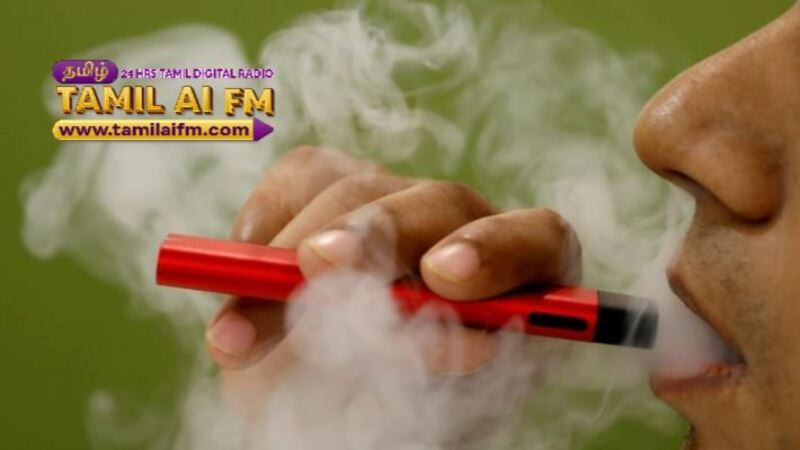SINGAPORE — Singapore will reportedly roll out tougher penalties against vaping and drug-laced e-cigarettes on September 1, as authorities seek to stem rising abuse among the young.
According to Singapore’s CNA, the measures include higher fines for vape users and the reclassification of etomidate — a powerful anaesthetic found in drug-laced vapes known as Kpods — as a Class C drug under the Misuse of Drugs Act.
Once in force, it will be illegal to traffic, import, manufacture, possess or consume the substance without authorisation.
Offenders convicted of bringing etomidate into the country could also face caning in addition to jail terms and fines.
Singapore’s Ministry of Health and Ministry of Home Affairs reportedly said the new framework reflects growing concern over Kpods, which have been linked to youths in Singapore experimenting with drug-laced devices.
“Being largely young and probably ignorant, we think they are different from hardcore drug abusers, and they may be more open to giving up,” Health Minister Ong Ye Kung was quoted as saying.
From September 1, anyone under 18 caught vaping will face a S$500 (RM1,642) fine, while those 18 and above will be fined S$700 (RM2,299).
Repeat offenders will reportedly be required to attend rehabilitation programmes lasting up to three months, or risk prosecution.
Kpod users are set to face similar penalties but must also undergo longer rehabilitation of up to six months.
Second-time abusers will reportedly be arrested, investigated under drug laws, and placed under six months of mandatory supervision with urine tests.
For third-time offenders, penalties escalate sharply. Those aged 16 and above will be sent to a Drug Rehabilitation Centre, followed by 12 months of drug testing and supervision, while younger offenders will undergo the same period of mandatory supervision and testing.
At present, vape users in Singapore face fines of S$300 to S$500.
The changes are reportedly meant to close loopholes and impose stronger deterrence, while Kpod users could be charged under the Poisons Act.
Authorities, however, said offenders who voluntarily seek help through Singapore’s QuitVape programme will not be penalised, while parents who refer their children will also not face consequences.


